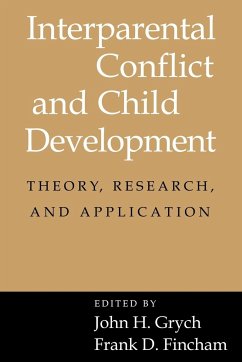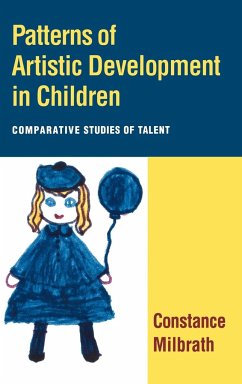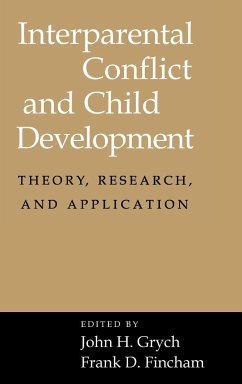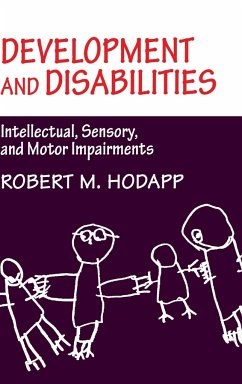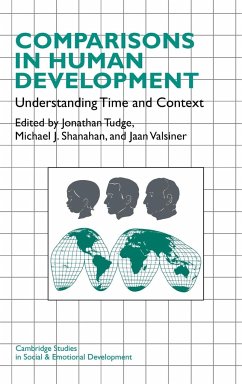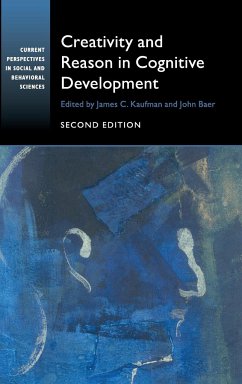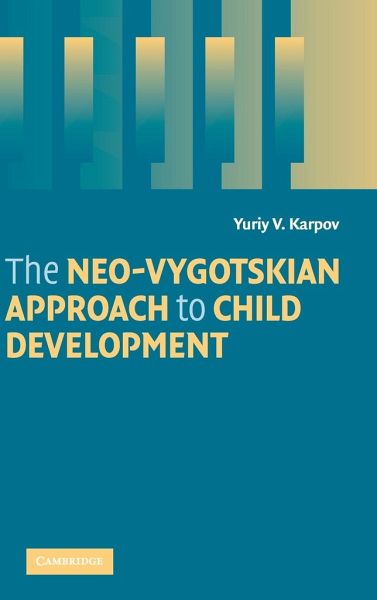
The Neo-Vygotskian Approach to Child Development

PAYBACK Punkte
54 °P sammeln!
The neo-Vygotskian approach to child development is introduced to English-speaking readers. Russian followers of Vygotsky have elaborated his ideas into a theory that integrates cognitive, motivational, and social aspects of child development with an emphasis on the role of children's activity as mediated by adults in their development. This theory has become the basis for an innovative analysis of periods in child development and of the mechanism of children's transitions from one period to the next. In this book, the discussion of the neo-Vygotskians' approach to child development is support...
The neo-Vygotskian approach to child development is introduced to English-speaking readers. Russian followers of Vygotsky have elaborated his ideas into a theory that integrates cognitive, motivational, and social aspects of child development with an emphasis on the role of children's activity as mediated by adults in their development. This theory has become the basis for an innovative analysis of periods in child development and of the mechanism of children's transitions from one period to the next. In this book, the discussion of the neo-Vygotskians' approach to child development is supported by a review of their empirical data, much of which has never before been available to English-speaking readers. The discussion is also supported by a review of recent empirical findings of Western researchers, which are highly consistent with the neo-Vygotskian analysis of child development.






